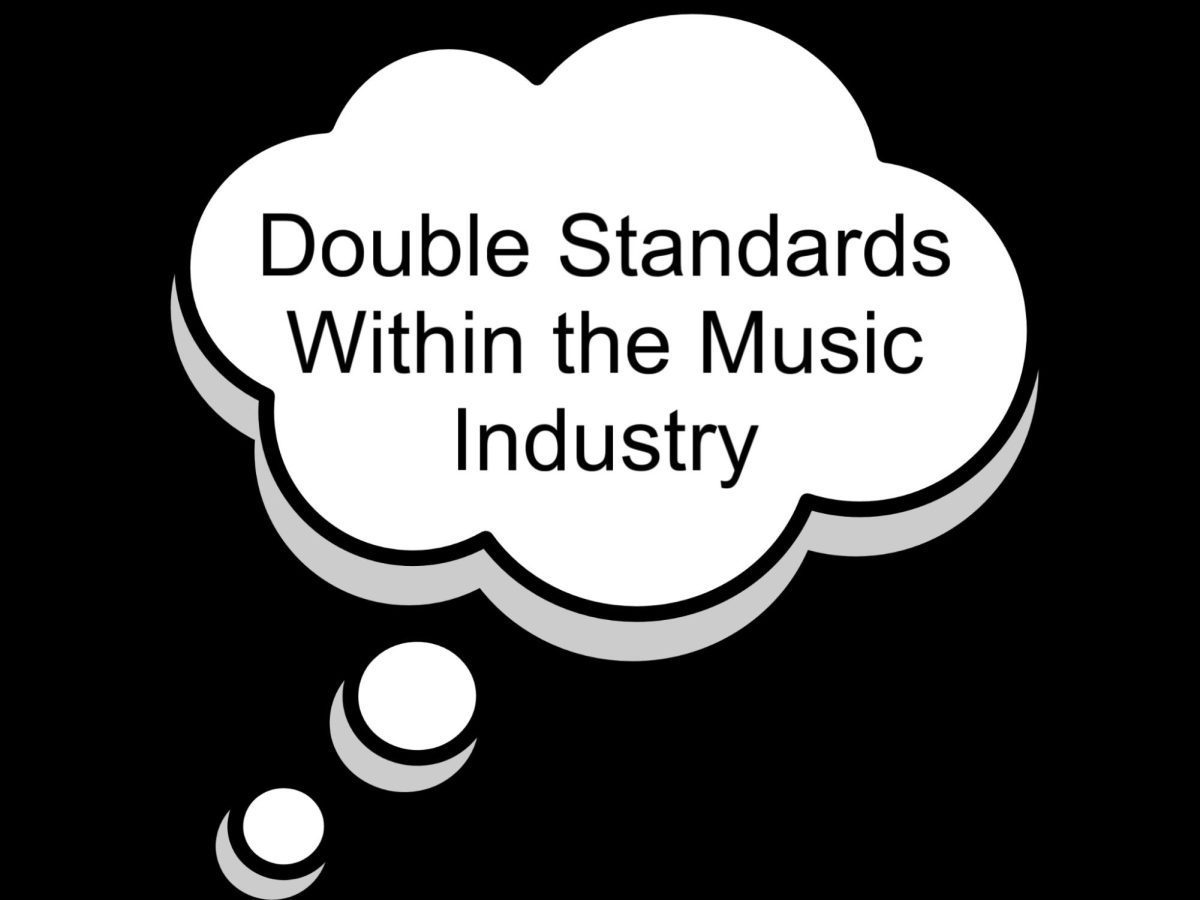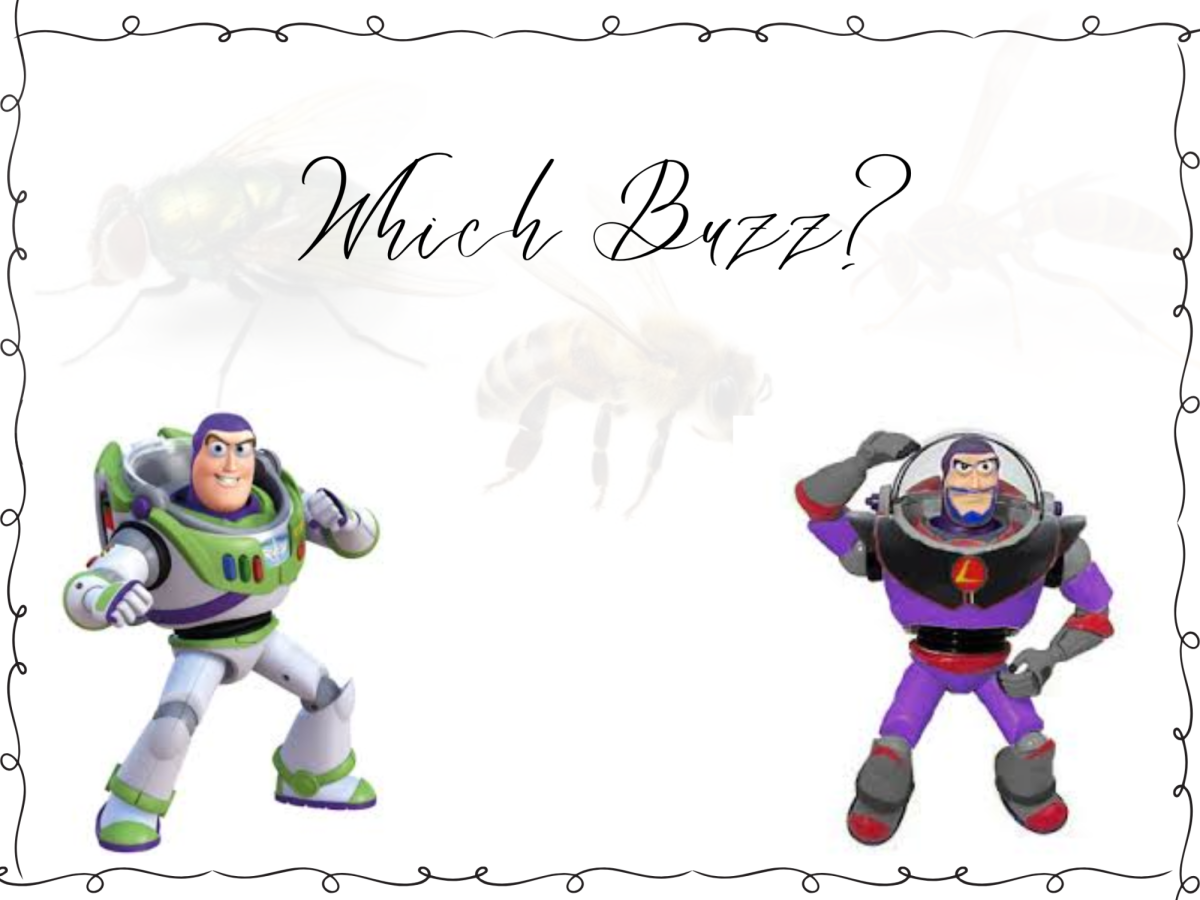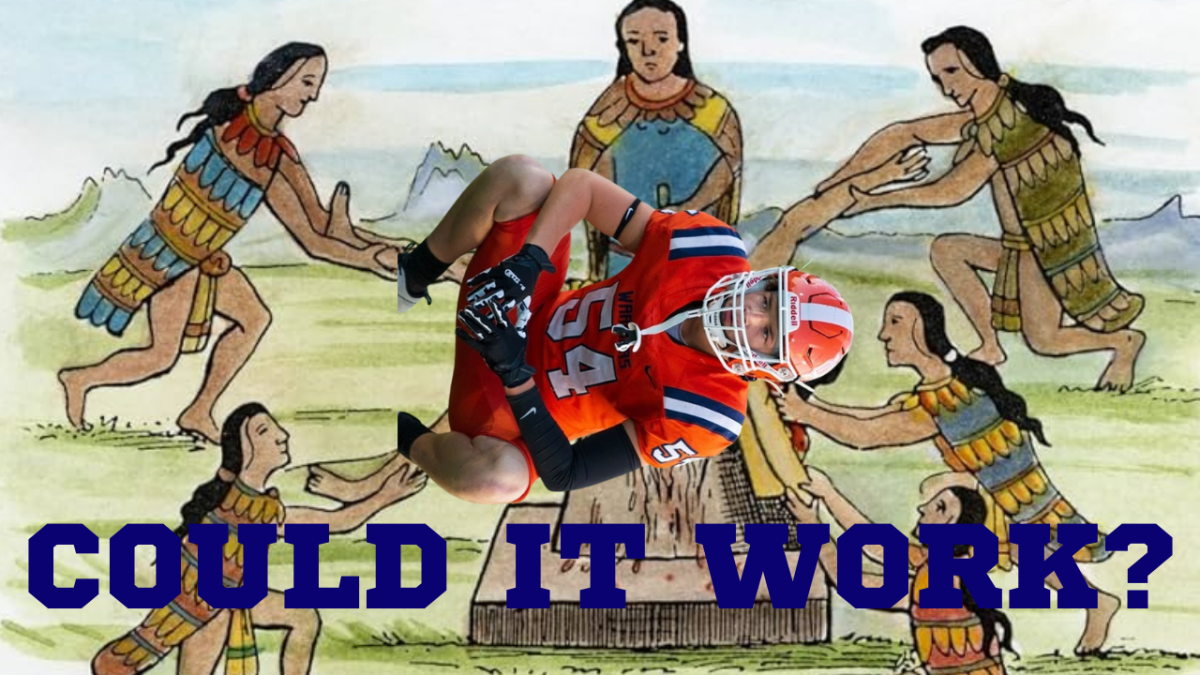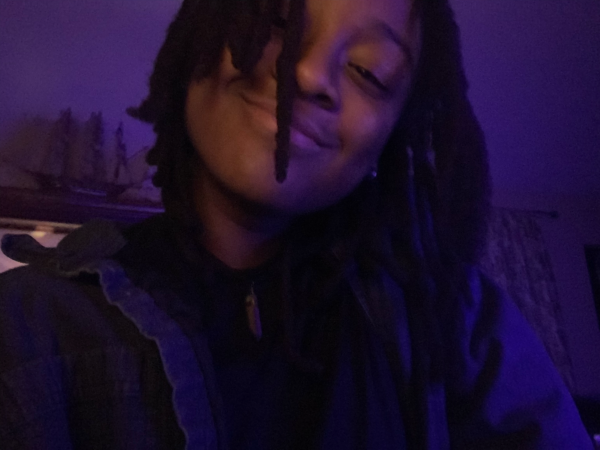The issue of double standards has plagued the music industry for years. These double standards, stemming from gender, race and genre biases, have created an uneven playing field that hinders the progress and success of several talented artists. Numerous artists such as Taylor Swift and Ariana Grande have spoken out about this issue and continue to highlight the difficulties the standards bring to their careers.
“There’s a different vocabulary for men and women in the music industry, right? A man does something, it’s strategic. A woman does the same thing, it’s calculated. A man is allowed to react, a woman can only overreact. It goes on and on and on,” Swift said.
One common double standard in the music industry relates to the gender disparity that exists between male and female artists. Women frequently face higher scrutiny and greater expectations regarding their appearance, behavior and talent. Women within the industry also encounter objectification and judgment based on their physical attributes rather than their musical abilities. Male artists, on the other hand, receive celebration for their talents alone, while disregarding other factors. This gender bias not only undermines the artistic credibility of female musicians but also reinforces inequality. Comparing artists based on their gender has surpassed comparing artists based on their talents.
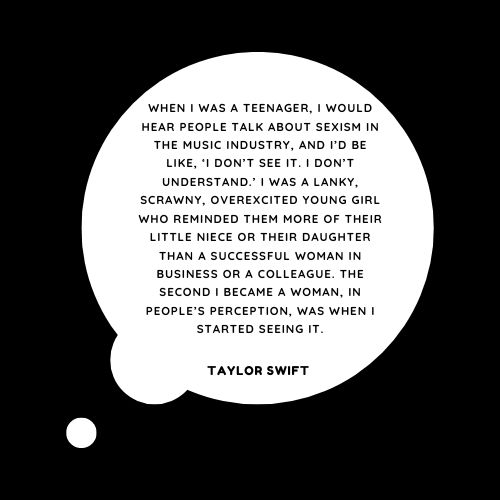
The issue of double standards pervades the majority of the media, yet a significant portion of audiences remain oblivious to its existence. A part of the media believes that double standards cannot exist, because male and female artists continue to flourish collaboratively. Artists do not hold immunity when facing this problem, so artists should not express double standards as a major issue. The issues of double standards will persist, but it should not stand out in a pond of other disparities. These standards leave room for compromise and ensure the industry does not distribute too much fairness.
“The thought of artists being ranked due to race, gender, sexuality, or anything like that is dumb. It’s music, why do we care who these artists are and who they’re with? I don’t pay attention to celebrity gossip, but I wouldn’t undermine an artist’s ability because of things that are out of their control like gender and race,” freshman Eric Mitchell said.
Pitting artists against one another based on any aspect other than talent does not help the industry flourish. The media should love musicians because of their talent, and not focus on factors the artist cannot control such as race and gender.
Swift, who built her career by writing songs about her life and relationship experiences, serves as a prime example of the standard gender presents. Countless male artists have built their careers around their romantic lives and received praise for their talents. Ed Sheeran and Swift stand out as a common comparison when discussing the gender double standard. Both artists share similar musical directions and write about their love lives from different perspectives. While hating on Swift for writing about her love life became popular, Sheeran continues to receive admiration for his vulnerability. This example shows how a female artist’s personal life overshadows their talents, sparking an entirely new issue and disrupting privacy.
Double standards remain persistent and prevent artists from reaching their fullest potential. This issue results in criticism and conflict within the media. Realizing the burden these standards carry subtly resolves the issue and provides artists with more substance to their verbal criticisms.




